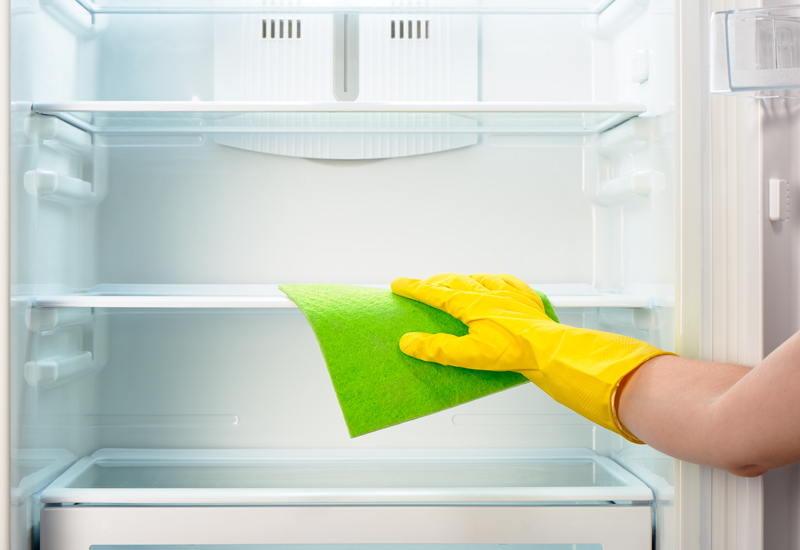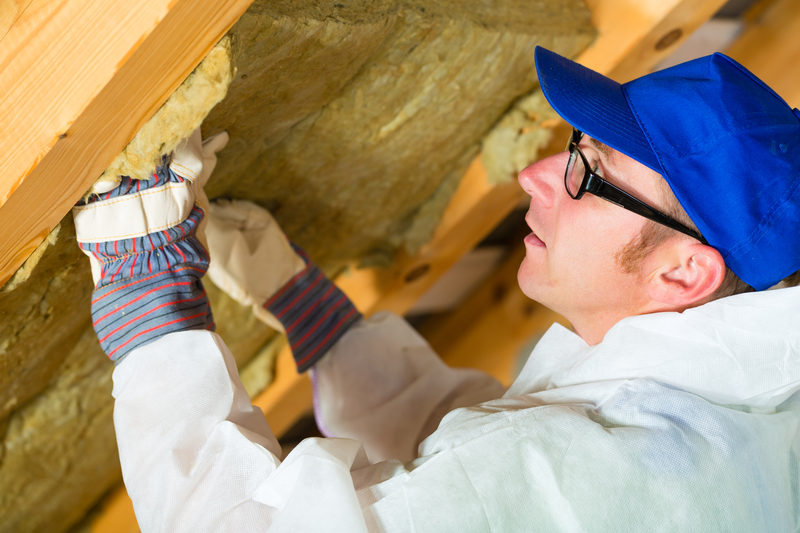DIY Solutions for Spotless Window Screens
Posted on 29/07/2024
Window screens are essential for every home, providing protection against insects and debris while allowing fresh air to flow into your living spaces. However, with regular use, they can quickly accumulate dirt, dust, and grime, making them look unsightly and compromising their functionality. While many homeowners choose to hire professional cleaners to keep their window screens spotless, there are also DIY solutions that can help you achieve the same results without breaking the bank. In this article, we will explore some effective DIY solutions for spotless window screens, along with their pros and cons.
DIY Solution #1: Vinegar and Water Mixture
One of the most popular and budget-friendly solutions for cleaning window screens is using a mixture of equal parts white vinegar and water. This natural solution is effective in removing dirt and grime from the screen's surface without causing any damage to the material. Simply mix the two ingredients in a spray bottle and spray it onto the screen. Use a soft-bristled brush or sponge to gently scrub away the dirt before rinsing it off with clean water.
Tip:
For tough stains or grease marks on your window screens, add a few drops of dish soap to the vinegar-water mixture before spraying it onto the screen.
Pros:
- Affordable and easily accessible ingredients
- Natural and non-toxic solution
- Can be used on all types of window screens
Cons:
- Might not be as effective on heavily stained or greasy screens
- Requires some manual scrubbing


DIY Solution #2: Baking Soda Paste
Baking soda is another versatile household ingredient that can work wonders on dirty window screens. Its abrasive nature helps to loosen up stubborn dirt and grime while its alkaline properties make it an effective deodorizer. To create a baking soda paste, mix equal parts baking soda and warm water until you get a thick consistency. Apply the paste onto the screen and use a soft brush or sponge to gently scrub away the dirt. Rinse it off with clean water and let it air dry.
Tip:
For added cleaning power, you can add a few drops of lemon juice to the baking soda paste.
Pros:
- Safe and gentle on all types of window screens
- Helps to eliminate unpleasant odors
- Affordable and easily accessible
Cons:
- Might require some extra effort for heavily stained screens
- Can leave a white residue if not rinsed off thoroughly
DIY Solution #3: Pressure Washer
If you have access to a pressure washer, you can easily give your window screens a thorough deep-cleaning. This powerful machine uses high-pressure water to blast away dirt, grime, and even stubborn stains from your screens. Simply spray the screen with water using the pressure washer, making sure to cover all areas. For tougher stains, you can add a mild detergent or dish soap to the water before spraying. Be sure to adjust the pressure settings accordingly to prevent causing any damage to your window screens.
Tip:
To avoid damaging the screens, keep the pressure washer at least 6 inches away from the screen's surface while cleaning.
Pros:
- Efficient in removing tough stains and dirt buildup
- Can be used on large or heavily soiled screens
- Saves time and effort compared to manual cleaning methods
Cons:
- Requires a pressure washer machine
- Not suitable for delicate or old window screens
- Can cause damage if not used correctly
Takeaways:
1. Regular maintenance is key - Cleaning your window screens regularly can prevent heavy buildup of dirt and grime.
2. Choose natural solutions - Using household ingredients like vinegar, baking soda, and lemon juice are safer and more eco-friendly alternatives to harsh chemicals.
3. Test on small areas first - When using new cleaning solutions, it's always best to test them on a small area of the screen first to avoid causing any damage.
Conclusion:
Spotless window screens not only enhance the appearance of your home but also improve the quality of air flowing in. With these DIY solutions and tips, you can easily achieve clean and functional window screens without having to spend a fortune on professional cleaning services. However, it's important to consider the pros and cons of each method and choose one that works best for your specific screens. Remember to be gentle with delicate screens and always test new solutions before applying them on a larger scale. With these tips, you can keep your window screens looking spotless all year round.
Latest Posts
Spring Cleaning: Wellness Starts at Home
How to Sanitise Your Coffee Maker

